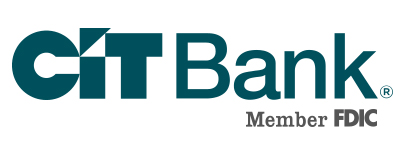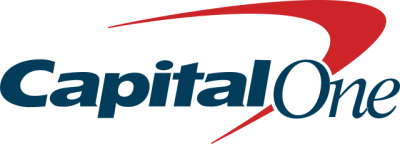Pros:
- Options on how to receive interest
- No opening required amount
- Pay credit card bill from savings account
- Competitive interest rates on accounts
Cons:
- Only offer savings and CD accounts
- Must link account to a different bank
- Funds not transferred immediately
- No checks, debit cards, or ATM cards
Pros:
- Reimbursement of ATM fees
- Competitive interest rates on accounts
- Interest rates are not tiered
- Free first order of checks with checking
Cons:
- Not a wide variety of accounts
- High opening required amounts
- Accounts have monthly fees
- Not all CDs offer competitive rates
American Express Bank offers ways to receive the money you earn off interest. You can deposit it back into the account earning the interest. The interest can be transferred to your CD account. You can deposit the money into your linked external account, or receive a check. You can request a check to come monthly, quarterly, or annually.
There is no minimum amount required to open an account. You start earning interest with any amount deposited into the high-yield savings account. The more money you deposit, the more interest you earn, but no required amount.
Once you open a savings account with American Express, you can link that account to your credit card. Log into your account and link the savings account to the credit card. Paying your credit card bill from your savings account does count as a withdrawal.
American Express Bank offers higher interest rates than your typical bank. Their rates are competitive with other online banks. You can find the current rates are on their website.
American Express Bank only offers a high-yield savings account and CDs. To deposit money into the accounts, you must link it to your current banking accounts. You can also sign up for direct deposit from your employer or to make automatic deposits.
You must link your American Express accounts to your current bank account. You can then transfer money between the different accounts. Federal regulations only allow six transactions each billing cycle for savings accounts.
Transferring money to and from your American Express personal account is not immediate. Money coming into your American Express account is not available until the fifth business day. All other transfers take 1-3 business days.
American Express Bank does not offer checks, debit cards, or ATM cards for their accounts. To get your money, you must transfer it from your American Express savings account back into your linked external account. If you open a CD, you must wait until the maturity date to access your money without a penalty.
You can withdraw money from any ATMs with the specific “Plus” logo. If you withdraw money from another ATM, you are reimbursed for the fees charged. CalFirst will reimburse up to $6.00 each statement cycle in ATM fees.
Most CalFirst accounts offer competitive interest rates. The interest rates are not tiered, so you earn the highest rates offered on any balance in the account. Interest is paid monthly on the actual daily balance.
The interest rates for CalFirst accounts are not tiered. Any amount you have in their accounts earns the competitive interest rates. You do not have to have a certain amount in the account to earn the most competitive rates.
The first order of checks is free when you open an interest checking account. You get an ATM card when you open an interest checking account. Free online bill pay comes with each CalFirst checking account opened.
CalFirst does not have a wide variety of accounts. No business accounts are available, only personal deposit accounts. One money market account and savings account are available. There is an interest checking and one regular checking account. CalFirst only offers five different CD terms.
CalFirst accounts have high opening amounts. The money market account and CDs require $5,000 to open. The interest checking account requires $2,500 to open. The savings account and regular checking account both require $1,000 to open.
The accounts at CalFirst all have a monthly fee. The fees range from $10 to $20 a month, depending on the account you open. Waive the fee by keeping a set amount in CalFirst accounts. You can also have a combined balance between a variety of CalFirst accounts.
Not all the CD terms offer competitive rates. The most competitive rates are the three-month, six-month, and the one-year terms. The two-year and three-year terms have interest rates much lower than the other terms. Regular CDs require $5,000 to open. The IRA CDs require $2,000 to open. The only fees are if you withdraw the money before the maturity date.


